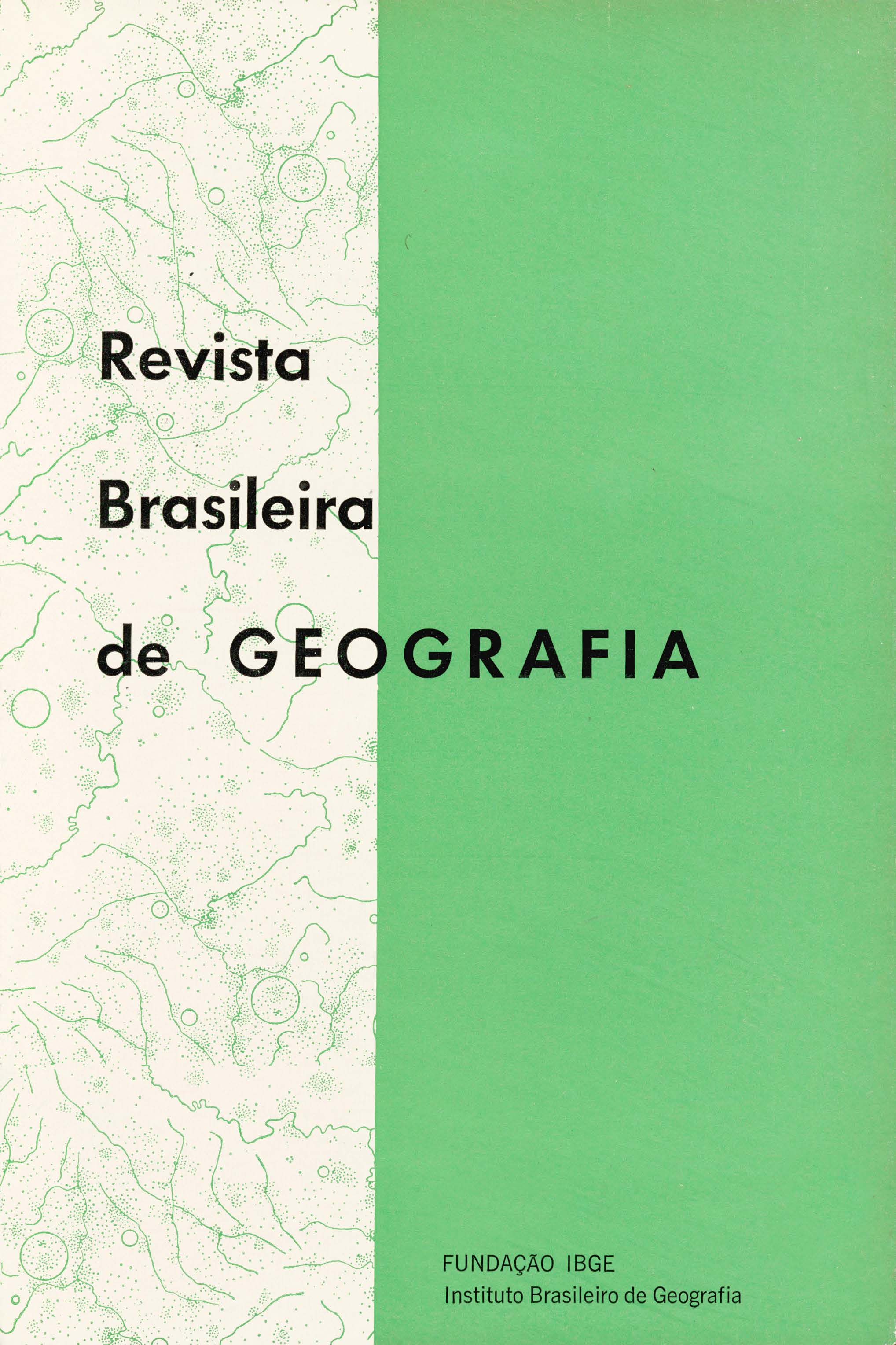A Revolução quantitativa na geografia e seus reflexos no Brasil
Keywords:
Geografia quantitativa, Análise fatorial, Teoria dos grafos, Markov, Processos deAbstract
The article is divided in two separate parts:
1. - An analysis of the principal theoretic aspects of the quantitative movement in Geography;
2. - An indication of the operations and the trend being followed by the work in the Geographic Department of the IBG.
With regard to the first item, the article stresses the importance of the basic option between, on one hand, the idiographic-monographic concepts and, on the other, the theoretic formulations of a nomothetic quality, which constitute the essence of the quantitative revolution in Geography in its philosophic facet. It furthermore emphasizes the role which a concept of data for a geographic analysis, submitted in form of matrix - the GEOGRAPHIC MATRIX - plays in the accentuation of the unity of Geography. The Systematic Order of Geography could be the analysis of a geographical matrix in which the lines might suggest a number of places differing considerably one from the other and the columns could provide information on a given aspect (population, agriculture, climate, etc.) in a determined space, thus studied in systematic form, from the standpoint of the farm characteristics, of the population, etc. The Regional Geography might be the analysis of a matrix in which the lines were composed of a number of more or less homogeneous places, with the columns showing the information on the stated area in its whole, therefore studied under its total aspects. Besides the Geographic Matrix, another important angle is the possibility of using a large volume computer, for analysis of a matrix with a considerable amount of informative data, which was considered impracticable through visual cartography, besides being inexact. The second part of the work indicates the job being done at the DEGEO, making use of quantitative methods.






